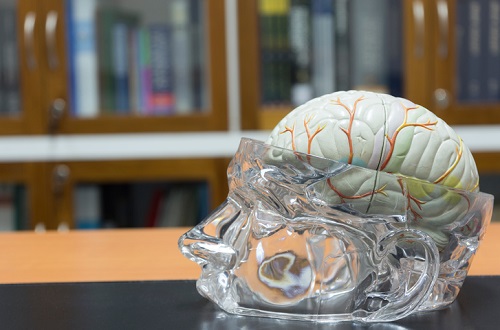
The world has learnt more about the human brain in the last 25 years than in all history. Developments in neuroscience and the emerging field of neuroleadership are challenging the way we lead, engage with, and communicate with other human beings.
Now, more than ever, it is critical for ourselves as leaders to become master communicators; to understand ourselves and to learn to have powerful conversations that ̶ one conversation at a time ̶ stimulate quality thinking, hold people accountable to useful effort, create insight and behaviour change, and focus people on ‘useful activity’ rather than ‘interesting distraction’.
Michelle Loch, CEO and founder of Leading Humans, and nationally renowned as a leader in neuroscience, says we need a new way to think about leadership and about how we lead and present ourselves.
In modern society we have become surface-dwellers… skimming along the surface of our busy lives, struggling to keep up with the speed of change and the demands placed on us.
“We are often unaware of what is below the surface that may be tripping us up, preventing high performance or perhaps even presenting non-conscious responses to perceived danger.
We make assumptions, we succumb to emotional responses, we say things we don’t mean, and we don’t take the time to build the human connections that feed into collaboration and success,” said Loch.
“We need to become humans who are grounded and focused, who can more fully understand how to create the right environment to get the best from ourselves and others. By harnessing the power of neuroplasticity, we have more influence over the thinking and behavioural habits of others (and ourselves) than we ever thought possible.”
Through a new partnership with QELi, Michelle Loch is working with educators across Australia, sharing her expertise and experience having studied under, and worked for, Dr David Rock, the founder of the US based Neuroleadership Institute. She is helping educators to understand ‘why’ they need to change the way they think and behave and how this leads to greater leadership success.
“I am very excited to be working with QELi and engaging with educators across Australia to unpack how neuroscience informs educators’ decision making and practices and to provide practical tips for achieving optimal brain performance.”
PRISM Brain Mapping is an integral part of Michelle’s one-day Neuroscience of Leadership Program. Participants use the profiling tool to understand how their brain really works ̶ how they are ‘hardwired’ and how this wiring influences their behaviour. They tune into what energises them, and what doesn’t, and how that may affect their motivation.
“Participants are always fascinated by the brain mapping results. It can be a moment of revelation for many ̶ they start to understand themselves more clearly and then they look outwards, identifying likely behaviours of team members and how this impacts upon day-to-day interactions and conversations.”
QELi CEO, Neil McDonald, believes good conversations are our business as educators and the knowledge Michelle Loch shares is invaluable in supporting leaders to have deep, meaningful conversations that instil behaviour change.
“As educators, it is only when we really understand how our own brain works, that we can properly understand the impact our teaching and interactions are having on students and our collaborations with colleagues and the wider school community,” McDonald said.
“The response to Michelle’s Neuroscience of Leadership Program in Queensland has been overwhelming. Michelle’s thought leadership is really resonating with educators and challenging leaders at all levels ̶ middle leaders to principals and systems leaders ̶ to refocus their thinking.”
“In addition to our Brisbane events, QELi is excited to be hosting Neuroscience of Leadership Programs with Michelle Loch in Sydney (7 August 2019) and Melbourne (8 August 2019).”


